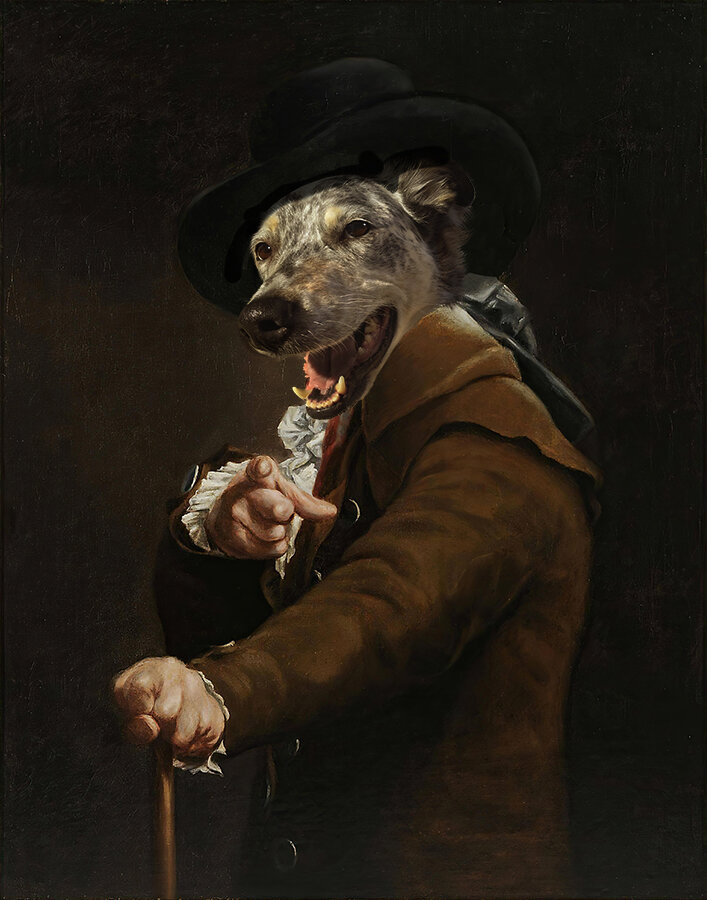The canon MPE-65 f2.8 1x-5x is a dedicated macro lens. Macro-photography was originally defined as when what you are photographing is the same size on the sensor or film plain is it actually is or larger. As a dedicated macro lens incapable of focusing to infinity the lens takes only photos that fall into that category. The MPE-65 takes images where the ratio of size is 1:1 to 5:1 in size (1x-5x). The lens has an f stop range of 2.8-16 but when the magnification is increase the effective f-stop becomes significantly smaller. According to the manual the effective f-stop can be calculated using the following equation:
Effective Aperture = (Aperture Setting) + (Aperture Setting x Magnification)
So at x5 magnification at f16 you have an effective f stop of f96. As a result the lens becomes incredibly light hungry as you increase the magnification. Complicating use of this lens is the small depth of field. At these settings you depth of field of 0.269mm. You can see what this looks like in the last mantis portrait in this blog entry. A third problem when using this lens is the working distance. The lens achieves focus between ~100mm at x1 and ~40mm at x5. When shooting live subjects this can be quite problematic. Under the hot lights my ghost mantis livened up and would leap onto the front of the lens as i tried to achieve focus. This of course being in exactly the wrong spot for me was the only spot where he would calm down. This can also make lighting difficult unless you are utilizing a ring flash or canon's twin-lite flash. Further the lens does not perform well at all with flash directly hitting the front element. Canon does make a lens hood but must be purchased separately.
Because of the shallow depth of field a focusing rail becomes essential to get clear image. Cheap older ones are available on ebay. I picked up an older Minolta rail for $25 and I have no regrets. Quite intelligently on canon's part they included a tripod mount the lens making for better balance (especially when the lens is fully extended) and allowing you to rotate sensor plain without shifting everything. Without the mount you would have to readjust tripod placement when shifting between orientations.
I come from working originally with an EOS mount bellows and then later added the canon 100 f2.8 macro (non-L). No regrets on that lens. It's fantastic for the price and for most macro work will be fine. Working with that lens and bellows in combination to get a similar magnification to the MPE-65 was nightmarish. Working at that magnification is always difficult with the added size and awkwardness of the bellows it was prohibitive. The MPE-65 is easier to use and provides better results.
Edit
Having used the lens on a handful more shoots there are two other things that should be mentioned. The camera has a 6 bladed aperture that at times will show up. It's not the best look. The lens also has pretty serious flare issues when the flash hits the lens. All lenses suffer when this happens but this one is on the worse end of the spectrum.
6 bladed aperture of sadness
Edit 2
Lens hood acquired! I am a firm believer lens hoods, they are almost a completely win-win item. The hood for this lens is a bit of an odd duck. Instead of the usual twist and click around the outside of rim of the lens, this hood screws into the filter mount. At x5 magnification the hood does cause problems because of how close it gets to the insects but otherwise it's effective. Unlike other lens hoods it appears to be metal.

































